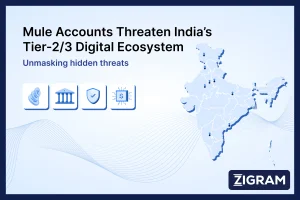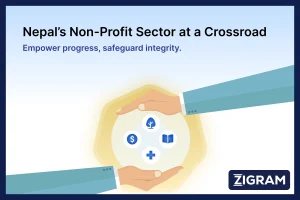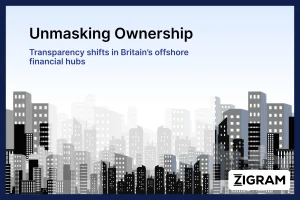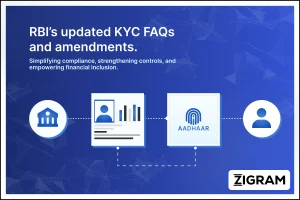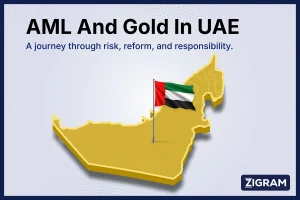On June 12, 2024, the U.S. Department of the Treasury announced a series of new measures designed to intensify pressure on Russia in response to its ongoing war against Ukraine. These actions are part of a coordinated effort by President Biden and the Group of Seven (G7) leaders to disrupt Russia’s war economy. The sanctions aim to penalize foreign banks that support this economy, restrict Russia’s access to U.S. technology and IT services, and sanction over 300 individuals and organizations worldwide.
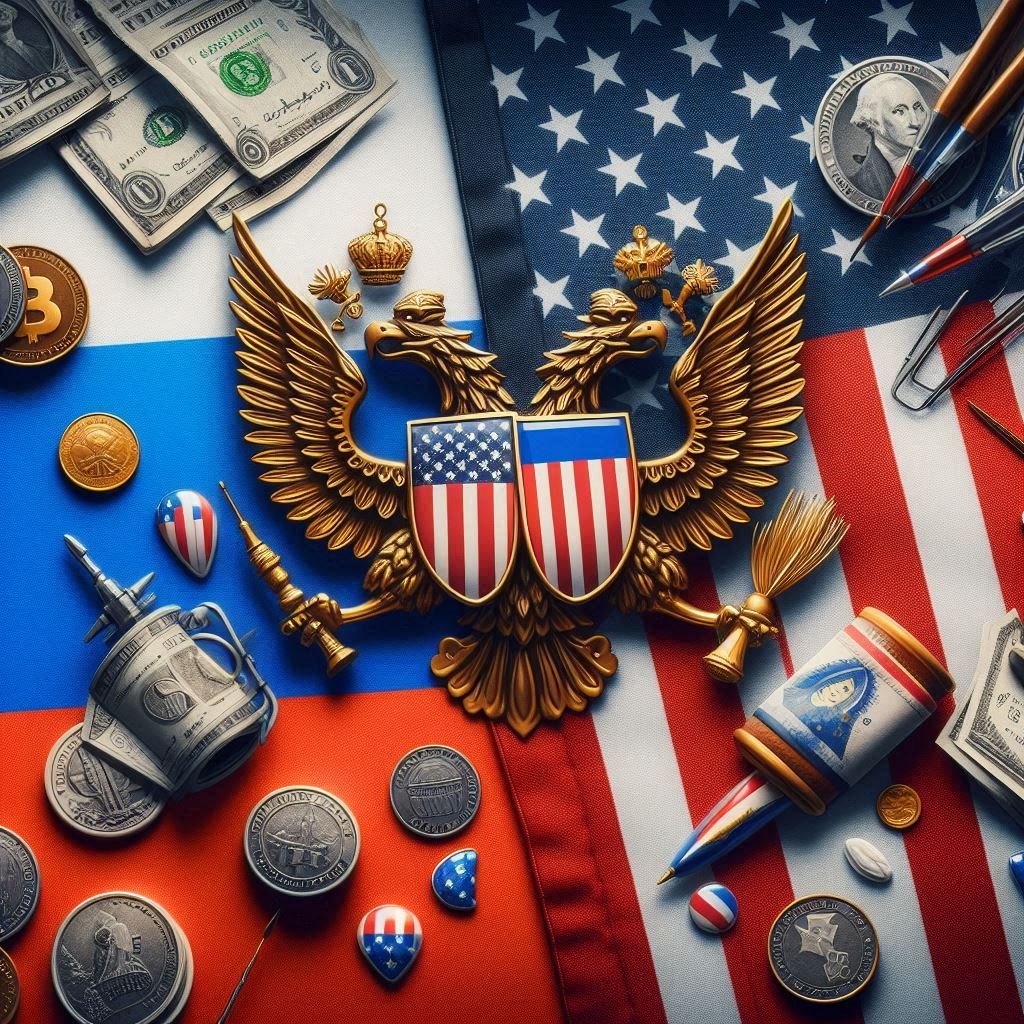
“Russia’s war economy is deeply isolated from the international financial system, leaving the Kremlin’s military desperate for access to the outside world,” stated Janet L. Yellen, Secretary of the Treasury. “Today’s actions strike at their remaining avenues for international materials and equipment, including their reliance on critical supplies from third countries. We are increasing the risk for financial institutions dealing with Russia’s war economy and eliminating paths for evasion, and diminishing Russia’s ability to benefit from access to foreign technology, equipment, software, and IT services. Every day, Russia continues to mortgage its future to sustain its unjust war of choice against Ukraine.”
The new sanctions from the Treasury focus on the restructured financial system that supports Russia’s defense industry and its acquisition of essential goods for the war against Ukraine. This includes targeting international networks involved in laundering gold for a Russian gold producer, aiding in the production of drones, and procuring critical materials for Russia’s chemical and biological weapons programs, anti-drone equipment, machine tools, industrial machinery, and microelectronics. Additionally, measures are being taken to curb Russia’s future income from liquefied natural gas. The State Department is also sanctioning over 100 entities and individuals involved in developing Russia’s energy, metals, and mining industries, as well as those engaged in sanction evasion and support for Russia’s war efforts.
As President Biden and G7 leaders prepare to meet in Italy, these measures underscore their collective commitment to intensify pressure on Russia. The actions significantly increase the risk of secondary sanctions for foreign financial institutions dealing with Russia’s war economy, further isolating Russia from the global financial system and diminishing its capacity to sustain its aggressive actions against Ukraine.
Key Points on New Sanctions
☑️ Increased Sanctions Risk:
Foreign financial institutions now face a heightened risk of sanctions for engaging in significant transactions or providing services involving individuals or entities blocked under Executive Order (E.O.) 14024, including major Russian banks.
☑️ Updated SDN List:
The Treasury has expanded the SDN List to include the foreign locations of five sanctioned Russian financial institutions.
☑️ Restrictions on Software and IT Services:
New prohibitions are in place on the supply of IT consultancy, design, support services, and cloud-based services to any individual or entity in Russia.
☑️ Targeting Russia’s Financial Structure:
Designations have been made against Russia's largest public trading markets and financial service providers.
☑️ Sanctions Evasion Networks:
More than 90 individuals and entities involved in evading sanctions and supporting Russia's war economy through complex international supply chains have been designated.
☑️ Domestic War Economy Measures:
Over 100 entities within Russia’s defense, manufacturing, technology, transportation, and financial services sectors have been targeted, highlighting Russia's shift to a war economy.
New Secondary Sanctions Risk
On December 22, 2023, U.S. President Joe Biden empowered the Treasury to further disrupt Russia’s war efforts by allowing sanctions on foreign banks that assist Russia’s military. Now, the Treasury is broadening the definition of military support to include all individuals and entities blocked under Executive Order 14024. This expansion means foreign banks could face sanctions if they engage in significant transactions or provide services to any blocked person under this order, including major Russian banks like VTB and Sberbank.
This change highlights the Treasury’s belief that Russia has restructured its entire economy and government to support its war. Foreign banks now risk sanctions if they continue to facilitate transactions for Russia’s military-industrial base. They should consult the updated sanctions advisory from the Office of Foreign Assets Control (OFAC) for guidance on identifying and managing these risks.
Foreign Locations Of Designated Russian Banks
To clarify the risks for foreign banks involved in transactions with Russia’s sanctioned banks, OFAC has updated the Specially Designated Nationals and Blocked Persons List (SDN List). This update includes the addresses and aliases of foreign branches of five sanctioned Russian financial institutions:
- Promsvyazbank: Locations in Beijing, China; Bishkek, Kyrgyzstan; and New Delhi, India.
- Vnesheconombank: Locations in Beijing, China, and Mumbai, India.
- Sberbank: Locations in Beijing, China; New Delhi, India; and Mumbai, India.
- VTB: Locations in New Delhi, India; Beijing and Shanghai, China.
- VTB Capital Holdings: Location in Hong Kong, China.
These updates are intended to help foreign financial institutions identify and manage the risks of dealing with these sanctioned Russian banks.
Software And IT-Related Services Prohibitions
In coordination with the U.S. Department of Commerce and following G7 efforts, the Treasury has implemented measures to limit the Russian military’s access to certain software and IT services. Supported by the Department of State, these measures under Executive Order 14071 ban the supply of the following to anyone in Russia starting September 12, 2024:
1. IT consultancy and design services
2. IT support services and cloud-based services for enterprise management software, design, and manufacturing software
The U.S. remains committed to supporting the global free flow of information and communications. These restrictions are not intended to disrupt civil society or telecommunications. OFAC continues to allow specific telecommunication and internet-related transactions, as well as humanitarian transactions, through General Licenses 6D and 25D to ensure that Russian civil society and public access to information technology are protected.
Russian Financial Infrastructure
The Moscow Exchange (MOEX) is Russia’s largest public trading market, handling equity, fixed income, derivative, foreign exchange, and money market products. It also serves as Russia’s central securities depository and main clearing service provider. Recently, Russian President Vladimir Putin approved measures to attract more capital through MOEX from both Russian and non-Russian investors from “friendly countries.” This move allows investments in Russian sovereign debt, corporations, and major defense entities such as Rostec, United Aircraft Corporation (UAC), Kamaz, Irkut Corporation, Uralvagonzavod, and Russian Helicopters.
• The National Clearing Center (NCC), a subsidiary of MOEX, acts as the central counterparty and clearing agent and is overseen by the Central Bank of Russia. The National Settlement Depository (NSD), another MOEX subsidiary, is Russia’s central securities depository, offering bank account services, trade registration, and liquidity management. The European Union sanctioned NSD in June 2022.
• Gas Industry Insurance Company Sogaz provides insurance to Russian military personnel and key defense entities like UAC, Novator, and Sverdlov Plant. Sogaz has also faced sanctions from Australia, Canada, the EU, New Zealand, and the UK.
• The Russian National Reinsurance Company (RNRC), a state-owned reinsurance provider established in 2016 to protect sanctioned individuals, has also been sanctioned by the EU and UK.
• MOEX, NCC, NSD, Sogaz, and RNRC have all been designated under Executive Order 14024 for their roles in Russia’s financial services sector. Additionally, Sogaz has been designated under the same order for its involvement in the defense sector.
Sanctions Evasion, Circumvention, And Backfill
Russia depends on intricate international supply chains to support its war efforts, producing the necessary materials to sustain its military operations. These networks also use complex methods to evade sanctions by transferring money and valuable goods through elaborate schemes. The actions taken on June 12, 2024, target over a dozen of these networks, sanctioning more than 90 individuals and entities located in Russia, Belarus, the British Virgin Islands, Bulgaria, Kazakhstan, Kyrgyzstan, China, Serbia, South Africa, Turkey, and the United Arab Emirates (UAE).
Russia’s Domestic War Economy
Russia has transformed into a war economy, with companies spanning various sectors now contributing to its military operations. These measures highlight the complex structure of Russia’s domestic war economy by imposing sanctions on over 100 entities involved in defense, manufacturing of related materials, technology, transportation, and financial services within the Russian Federation.
Limiting Russia’s Future Revenue From Liquefied Natural Gas
Following commitments from President Biden and G7 leaders to curb Russia’s energy earnings and hinder its future energy ventures, the Treasury is taking steps. It targets entities linked to three planned liquefied natural gas (LNG) projects Russia aims to launch: Obsky LNG, Arctic LNG 1, and Arctic LNG 3. Additionally, the action designates three entities involved in constructing gas projects or making specialized LNG transport equipment. The Treasury also identifies seven LNG vessels currently under construction.
Sanctions Implications
Due to this decision, all assets and properties belonging to the individuals mentioned within the United States or under the control of U.S. persons are frozen and must be reported to OFAC. Furthermore, any entities owned directly or indirectly by 50 percent or more by these blocked individuals are also subject to asset freezing.
All transactions involving the assets or properties of designated or blocked individuals by U.S. persons or transactions within the United States, including any contributions of funds, goods, or services to or from these individuals, are prohibited unless specifically authorized by OFAC through a license or exempted under specific circumstances. Additionally, foreign financial institutions that engage in significant transactions or provide services related to Russia’s military-industrial base are at risk of facing sanctions imposed by OFAC.
Conclusion
The actions announced on June 12, 2024, by the U.S. Department of the Treasury underscore the United States’ steadfast commitment, alongside G7 partners, to intensify pressure on Russia in response to its ongoing aggression against Ukraine. By targeting key sectors of Russia’s economy and disrupting its ability to sustain its military operations through international financial networks, these measures aim to impose significant costs on the Kremlin’s war efforts.
The Treasury’s actions, coordinated with international allies, reflect a comprehensive strategy to isolate Russia’s war economy and prevent its access to critical resources and technologies essential for military operations. These steps reinforce the global community’s united stance against Russia’s destabilizing actions and underscore the resolve to uphold international norms and principles. Moving forward, the United States remains vigilant in monitoring and adapting its sanctions regime to counter Russian aggression effectively while minimizing unintended impacts on global markets and humanitarian considerations.
- #Santion
- #Russia
- #OFAC

